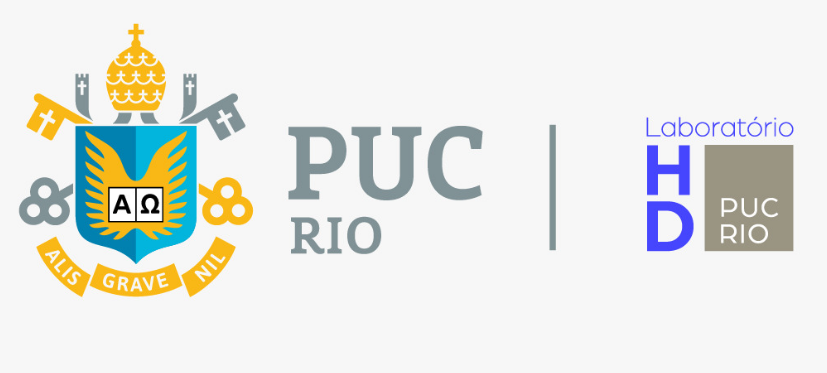This project investigates the transformations in contemporary subjectivities and modes of existence merged with digital technologies, articulating contributions from psychoanalysis and related knowledge. The aim is to understand how socio-technical networks operate simultaneously as control devices and spaces for reinventing the self, tensioning dynamics of subjection and emancipation. The central hypothesis is that human-machine hybridization not only reproduces power structures and psychic pathologies (such as alienation and identity fragmentation, among others), but also opens gaps for creative practices of subjectivation, in which desire and symbolization find other forms of engendering.
Our objectives include:
- To analyze how digital platforms function as biopolitical devices that normalize bodies and subjectivities through algorithmic surveillance, engagement metrics and incentives for hyperexposure, etc. ;
- To explore the new forms of subjectivation through concepts such as digital transitional spaces (environments where symbolization and identity experimentation take place through avatars, memes and virtual interactions), virtualization of the experience of self, fragmentation and fluidity in and of identity relations (broader, more experimental and transitory) etc.;
- To investigate the dialectic between subjection (via the capture of desire by algorithms) and agency (through aesthetic and political resistance).
On the one hand, Foucauldian theory on the technologies of power and the technologies of the self structures the analysis of digital as a field of governmentality, where platforms discipline behavior through micro-penalties (e.g. deletion of content) and symbolic rewards (e.g. validation by likes). On the other hand, psychoanalysis offers a key to understanding how subjects use digital tools to work out anxieties, make bonds, design identities and negotiate boundaries between public and private – for example, the notion of potential space (Winnicott) can be re-read to think of online environments as safe experimentation zones, where identity fluidity challenges social norms.
The research thus aims to demonstrate that digital subjectivities emerge at the intersection of three axes:
- Algorithmic biopolitics: networks operate as machines for producing docile subjectivities, shaped by metrics of visibility and logics of competition;
- Clinic of the virtual: online spaces function as transitional scenes where subjects elaborate psychic conflicts (e.g.: mourning projected onto memes, gender identities tested on avatars), updating the notion of the paradoxical object – what is and isn’t the self.
- Aesthetics of digital existence: practices such as the critical curation of profiles, the ironic staging of identities and data activism reveal attempts to re-signify technological power in collective agency
By integrating psychoanalysis, philosophy, anthropology and other knowledge from the field of Humanities, this project proposes an original reading of networks and digital/virtual space as clinical-political devices, where power and desire intertwine in the production of new modes of existence. It suggests that digital subjectivity is not merely a reflection of technological alienation, but a process in dispute, in which the (re)invention of the self coexists with new forms of suffering. The ethical implications derived from this point to the urgency of policies that recognize the psychic complexity of online life, going beyond simplistic discourses about “network addiction” or “digital dehumanization”.

